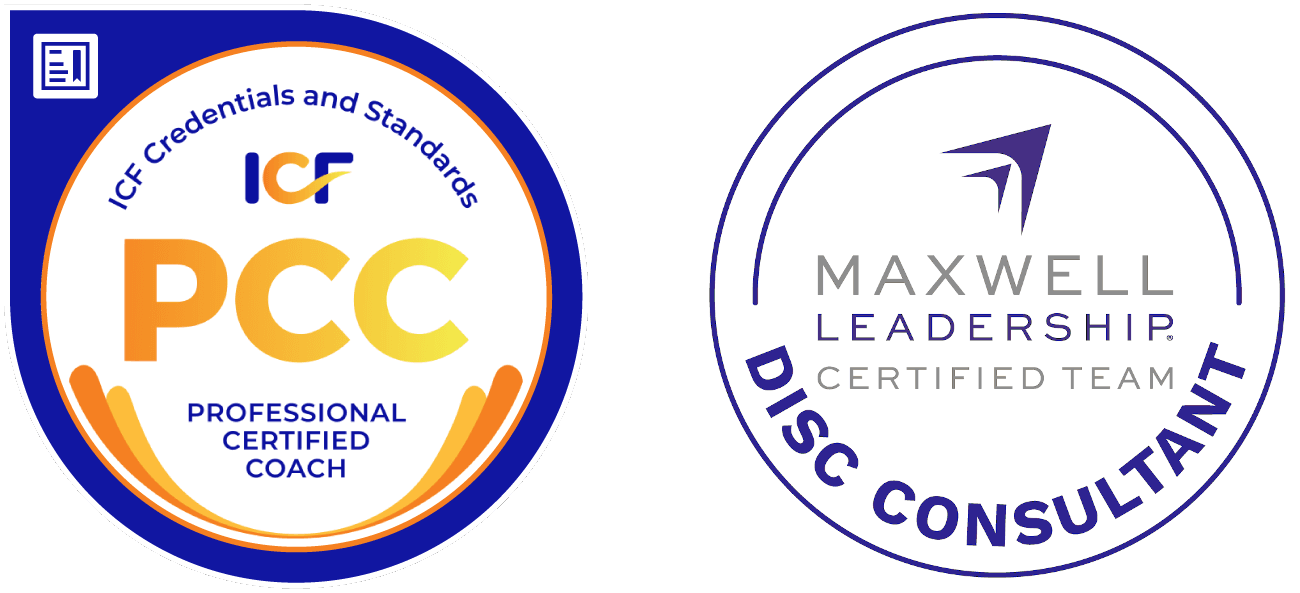“The key to successful leadership today is influence, not authority.” – Ken Blanchard
 A leader is often defined as someone who guides or directs a group, but leadership definitely is not just about being a taskmaster or making people get their work done. It is also not about being a figurehead who just wants to look good and take credit for a group’s success.
A leader is often defined as someone who guides or directs a group, but leadership definitely is not just about being a taskmaster or making people get their work done. It is also not about being a figurehead who just wants to look good and take credit for a group’s success.
Ideas about leadership have changed a great deal over the years. In the past, leadership was viewed as you being the expert and everyone following you. Now, leaders are often expected to be more empathetic and collaborative with those they lead.
So what is a leader?
Leaders are role models for those they lead. If you want to lead others, you must first lead yourself. This means it is important for a leader to be dedicated to working on his or her own personal growth.
No leader will be perfect in every area of their life. The job of a good leader is to continually develop and demonstrate attitudes, behaviors and skills that inspire others to do their own personal best. The more you develop your own personal and professional skills, the greater capacity you will have to lead others and make a difference in your family, your community, your workplace, etc.
What does a good leader look like?
There are many characteristics of a good leader and even more opinions about which characteristics are most important. As a coach who works to help leaders communicate and connect better with those they lead, I have noticed that there are six traits that are most important in any leadership role whether it is that of a parent, community leader or CEO.
1. Self Awareness
We often hear how important it is for good leaders to be confident and believe in themselves. This is true, but what’s even more important is that a good leader has an accurate understanding of their own strengths and weaknesses. The more aware a leader is about areas where they do well and areas where they may need further development, the more confident they can be.
Leaders don’t make it long if they try to do everything perfectly in every area or try to do everything themselves. Knowing when to seek help is one of the most important skills a leader can possess.
”We gain strength, and courage, and confidence by each experience in which we really stop to look fear in the face … we must do that which we think we cannot.” – Eleanor Roosevelt
2. Adaptability
This trait is more important today than ever. Things change so fast under normal circumstances, but as I write this, the COVID-19 pandemic has everything turned upside down. We are having to figure out how to communicate, manage projects and do business in completely new ways. I believe being adaptable and flexible in our approach to problem solving will become even more important in the years ahead.
“Blessed are the flexible, for they shall not be bent out of shape.” – Anonymous
3. Strong Communication Skills
Being an effective communicator is necessary to be a good leader. You need to be able to convey to your team or others what your vision is so they can carry it out. Being able to describe what you want done helps your team efforts in moving forward. There are various types of communication styles, and the best leaders are able to communicate to others in the way best suited to each individual.
“The difference between the almost right word and the right word is really a large matter. It is the difference between the lightning bug and the lightning.” – Mark Twain
4. A Positive Attitude
Attitudes can be contagious. When you lead with a happy and positive attitude, people tend to work harder and are happier themselves. People don’t want to follow someone who is negative and only sees the problems. Leadership means motivating and inspiring your followers in a positive way. This doesn’t always mean you have to be smiling or in an upbeat mood, but it does mean treating yourself and others with dignity and respect and offering hope for something better ahead even when things aren’t currently going well.
“We are all faced with a series of great opportunities brilliantly disguised as impossible situations.” – Charles Swindoll
5. Good Decision-making skills
Leaders will be faced with many decisions. Some will be small while others may impact many other people. Good leaders have learned to trust in their own decisions and stand by them.
”Trust yourself–you know more than you think you do.” – Benjamin Spock
6. Strong Morals
This characteristic is listed last because it is the most foundational. Character traits like accountability, humility, honesty and integrity may sound old-fashioned in today’s business world, but they are just as important now as they ever have been. No one really wants to follow a leader they cannot trust or respect. Leaders who blame others, lie, make excuses, brag about themselves or say one thing and do another will not be successful in the long run. Moral leaders who share credit for their success, are honest, and follow through on what they say they will do have loyal followers and usually see much greater success.
“Every moment matters.” – John Maxwell
I’m sure you could add even more items to this list. What character traits do you think are the most important for a leader? Please share your thoughts in the comments here.


